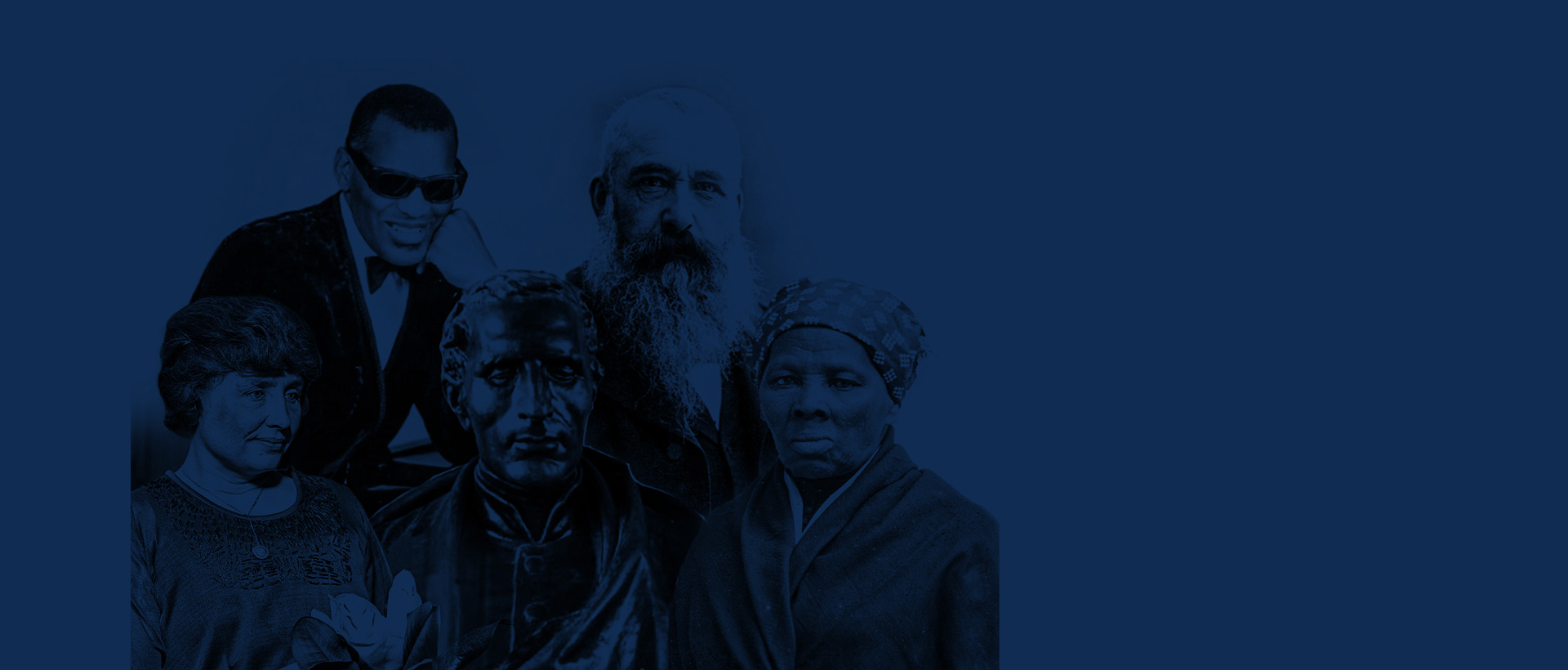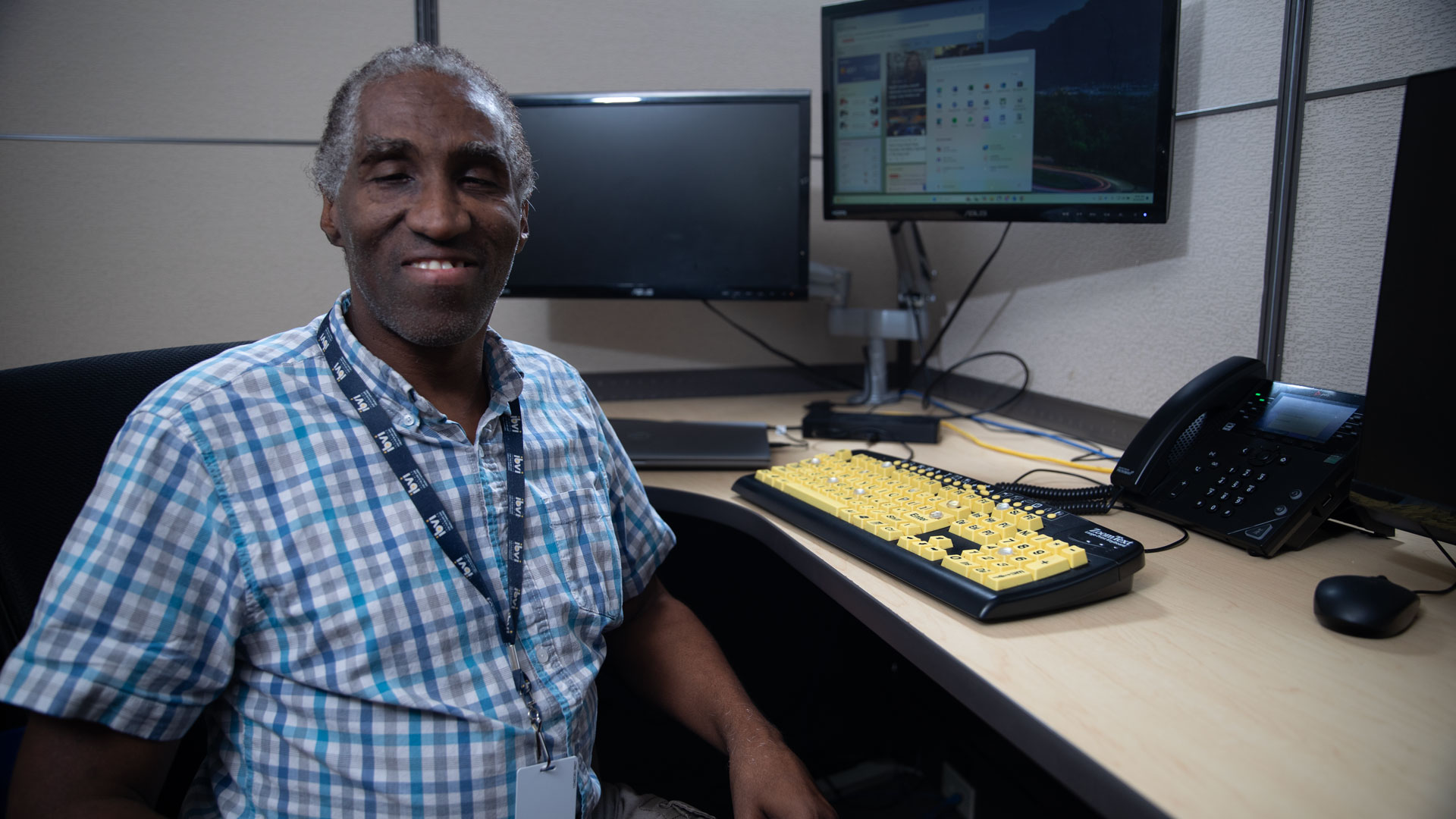As we celebrate Braille Literacy Month, we’re reminded of the significance of Braille as not only a form of communication but also a historic achievement in human rights for the blind and visually impaired. And in celebrating this landmark, it’s important to recognize those in history who helped us get there: the great minds, leaders, and doers who forever changed the world and raised awareness—despite being visually impaired.
Louis Braille (1809 –1852)
A French educator and inventor, Braille was best known for inventing the system of reading and writing now known worldwide as Braille. As a young boy, he was blinded in an accident at his father’s woodshop. This later became the catalyst that drove him to create a system of communication (still used today) that improved and forever changed the quality of life for the blind and visually impaired.
Claude Monet (1840 – 1926)
The will to create visual beauty in spite of having a vision disability was perhaps best embraced by Claude Monet. The founder of the French impressionist art movement and contributor to an artistic renaissance in Paris, he was a prolific painter who gained worldwide notoriety in the early 20th century. As his vision loss progressed in life, Monet continued to paint, producing some of his most acclaimed works—including the Le Bassin Aux Nymphéas and the famous murals seen on the Musée de l’Orangerie in Paris.
Ray Charles (1930 – 2004)
Creating some of the greatest musical contributions in modern times, Ray Charles lent his voice and creative vision to breaking down barriers of all kinds through music. His soulful sound and prolific body of work brought people of all walks of life together. Equally inspiring is the fact that he refused to let blindness limit him. Instead, he overcame his disability and, in doing so, inspired the world.
Helen Keller (1880 – 1968)
An iconoclast of social awareness and human rights for those with disabilities, Helen Keller was an American author, activist, and lecturer—who was also blind and deaf. After receiving an early education in both specialized and mainstream curriculum, Keller attended Harvard University/Radcliffe College, where she became the first deaf and blind person in history to graduate college. Shortly after, she worked for the American Foundation for the Blind (1924 – 1968), where she toured the world advocating for those with vision loss.
Harriet Tubman (1820 – 1913)
A beacon of courage and freedom, Harriet Tubman was an abolitionist, humanitarian, and union spy during the Civil War. Celebrated for leading hundreds of African American slaves to freedom via the Underground Railroad, she was the first woman to lead an armed expedition in the civil war, which liberated more than 700. Born into slavery in Maryland, Tubman sustained a head injury early in life that left her visually impaired, but she never let it stop her from leading the way forward.


